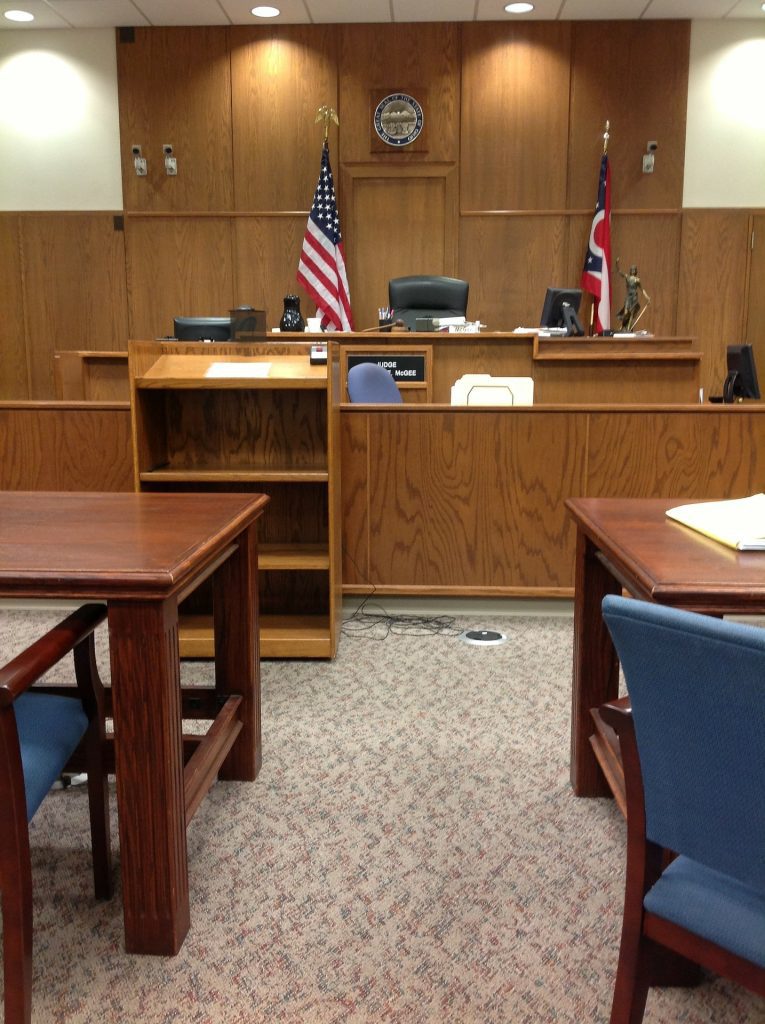A jury just convicted you of a crime that you did not commit. Then a judge sent you to prison. But you are completely innocent.
Surprisingly, juries and judges send innocent people to prison often. According to the Innocence Project, between 2.3 percent and 5 percent of all US prisoners are innocent. The American prison population numbers about 2.4 million.
Using those numbers, as many as 120,000 innocent people could currently be in prison. Once there, they will try for years to get assistance to prove their innocence and get back into court to reverse their wrongful conviction.
What should you do if a jury or judge convicts you of a crime you did not commit?
If you find yourself convicted of a crime that you did not commit, you should contact an exoneration project or innocence clinic.
With so many people reaching out, you need to understand that it may take them awhile to send you a response and questionnaire. Innocence clinics receive thousand of letters each year.
Do not lose hope simply because you do not get an immediate response. For a list of Innocence Projects, Exoneration Clinics and Conviction Integrity Units visit How to Justice’s Resource Directory.

What should you include in your letter to exoneration and innocence projects?
The letter that you send should focus on the facts of the case. It’s easy to get caught up in your emotions and feel shocked, angry and confused.
Instead of sending an impassioned plea, focus on the ways that you can prove your innocence:
- Is there DNA evidence that was not tested?
- Did you have an alibi that was not presented at trial?
- Is there fingerprint evidence?
- Do you believe that evidence was tampered with or falsified? Is there a possibility of witness misidentification?
- Is there evidence that no crime occurred (accidents have been misidentified as crimes)?
By focusing on the facts, the lawyers looking at your letter and questionnaire will have a clearer picture of what kind of help you need and whether your innocence can be proven. The sad truth is that some people will never be able to prove their innocence.
What happens if an exoneration or innocence project decides to take your case?
Once an Innocence Project takes your case, know that it will not be a quick process. According to the National Registry of Exonerations, the average exoneration occurs nearly 11 years after the conviction.
Lawyers and other experts must completely reinvestigate your case. Whatever they do new scientific testing, i.e., DNA, bite-mark evidence, fingerprints and other evidence, everything must go to to an independent laboratory. Most laboratories move slow because they have so much testing to do.

How long does it take to prove you were convicted of a crime you did not commit?
Once experts test and reinvestigate everything, the lawyers will then try to present the evidence to the courts. The courts move slow, too. And they won’t put your case on the “fast track” simply because you’re an innocent person in prison.
Prosecutors often fight to keep you from presenting new evidence. Once a conviction is in place, the prosecutor will try to ensure that the conviction remains.
This can be a long waiting process. Once you get a court date, you may experience many delays. The prosecution will see every piece of evidence you want to present. This allows them to prepare arguments against you.
The Takeaway:
If you’re an innocent person sitting in prison for a crime you did not commit, it is easy to feel discouraged. It’s especially easy to feel discouraged while you’re trying to prove your innocence. Just remember that the process can be long and hard.






